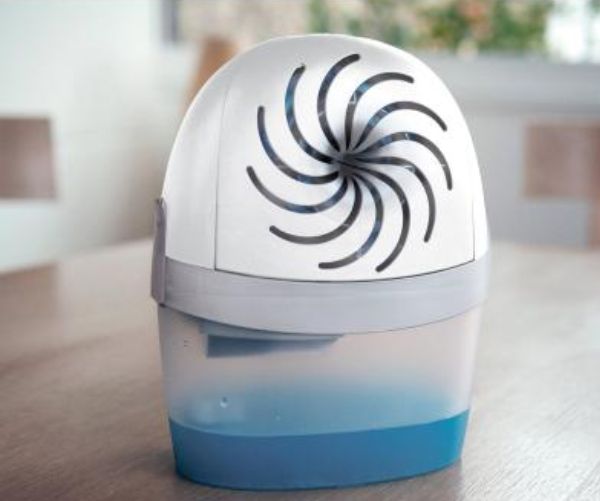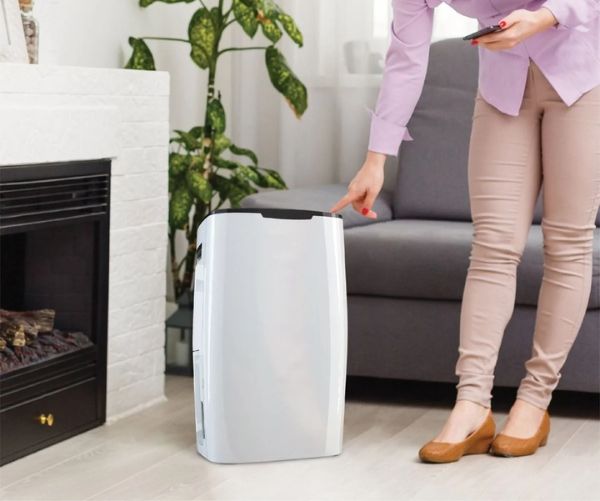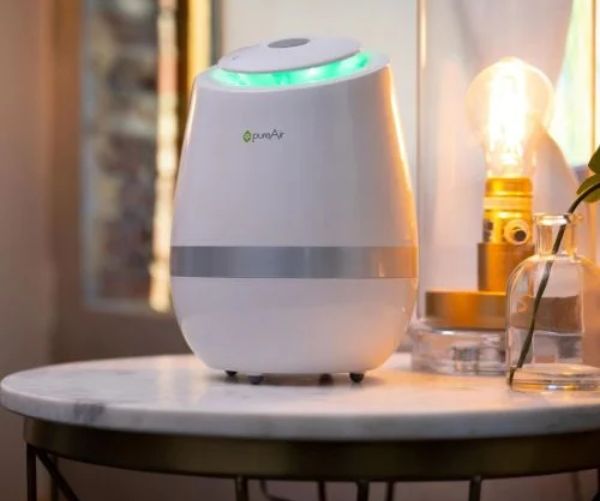Understanding Moisture Absorbers, Dehumidifiers, and Air Purifiers
Improving indoor air quality is essential for a healthier, more comfortable living space. Whether it’s tackling excess moisture, reducing pollutants, or keeping odors at bay, the right tool for the job can make all the difference. Let’s break down the differences and benefits of moisture absorbers, dehumidifiers, and air purifiers to help you choose the perfect solution for your home.
Moisture Absorbers: Compact and Silent Solutions
Moisture absorbers are a simple, low-energy way to manage dampness in smaller spaces. These devices often use desiccants like silica gel or calcium chloride to absorb excess moisture. They’re ideal for use in closets, cupboards, or bathrooms where space is limited and humidity levels are moderate.
Benefits:
-
Silent operation with no electricity needed.
-
Perfect for small areas prone to dampness.
-
Helps prevent odors and minor mold growth.
Dehumidifiers: Moisture Control for Larger Spaces
Dehumidifiers are heavy-duty appliances designed to remove excess moisture from the air. They are especially effective in larger areas or rooms with high humidity, like basements or laundry rooms. By lowering humidity levels, they prevent mold, mildew, and structural damage.
How They Work:
Refrigerant models cool the air, condensing moisture into a collection tank. Desiccant models absorb moisture using specialized materials and release it via heating.
Benefits:
-
Reduces humidity to prevent mold and mildew growth.
-
Improves air quality, creating a more comfortable environment.
-
Protects your home’s structure from moisture damage.
Air Purifiers: Cleaner Air for Healthier Living
Air purifiers are designed to capture airborne pollutants like dust, pollen, smoke, and pet dander. Using filters such as HEPA or activated carbon, these devices remove particles and improve respiratory health. Air purifiers are perfect for households with allergies or sensitivities to airborne irritants.
How They Work:
HEPA filters trap particles as small as 0.3 microns, including allergens and dust. Activated carbon filters absorb odors, smoke, and harmful gases.
Benefits:
-
Reduces allergens and pollutants for improved respiratory health.
-
Eliminates odors for a fresher living space.
-
May help reduce the spread of airborne bacteria and viruses.
-
Choosing the Right Solution
-
Moisture Absorbers are best for small spaces or areas with moderate humidity.
-
Dehumidifiers are ideal for larger spaces or severe moisture problems.
-
Air Purifiers target airborne contaminants for cleaner, fresher air.
Maintain Your Appliances for Best Performance
To get the most out of these devices, regular maintenance is essential.
Empty water tanks frequently to avoid bacteria growth.
Clean filters and coils for efficient operation.
Replace filters as recommended to maintain air quality.
Keep the unit clean to prevent dust buildup.
Replace desiccant materials when saturated.
By understanding the unique functions of these appliances, you can confidently create a healthier, more comfortable environment tailored to your needs. Whether you’re managing humidity, cleaning the air, or both, the right solution is just a step away!






